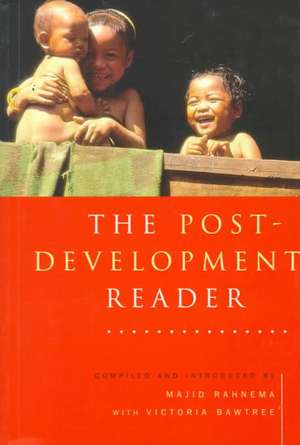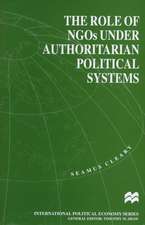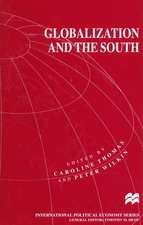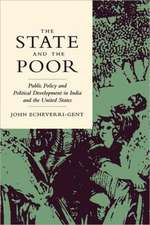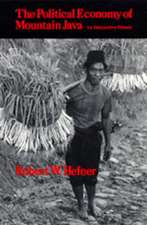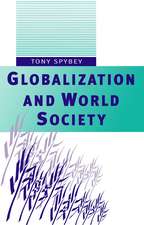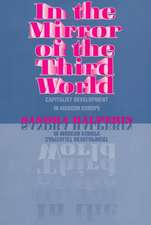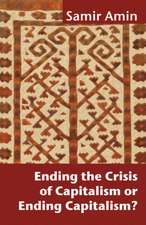The Post-Development Reader
Autor Majid Rahnema, Victoria Bawtreeen Limba Engleză Paperback – 28 feb 1997
This reader brings together an exceptionally gifted group of thinkers and activists - from South and North - who have long pondered these questions. Diverse in background and experience, they are all committed, however, to seeing through the rhetoric of development, free from the distorting lenses of ideology and habit. They are also interested in looking at 'the other side of the story', particularly from the perspective of the 'losers'.
It is these orientations which make this reader such an original compilation. The contributors illuminate the wisdom of vernacular society which modern development thinking and practice has done so much to denigrate and destroy. They deliver devastating critiques of the dominant development paradigm and what it has done to the peoples of the world and their richly diverse and sustainable ways of living. Most importantly, in terms of the future, they present some of the experiences and ideals out of which ordinary people are now trying to construct their own more humane and culturally and ecologically respectful alternatives to development, which, in turn, may provide useful signposts for those concerned with the post-development era that is now at hand.
Preț: 204.45 lei
Preț vechi: 233.21 lei
-12% Nou
Puncte Express: 307
Preț estimativ în valută:
39.12€ • 40.85$ • 32.38£
39.12€ • 40.85$ • 32.38£
Carte tipărită la comandă
Livrare economică 04-18 aprilie
Preluare comenzi: 021 569.72.76
Specificații
ISBN-13: 9781856494748
ISBN-10: 1856494748
Pagini: 464
Dimensiuni: 138 x 216 x 25 mm
Greutate: 0.68 kg
Ediția:New.
Editura: ZED BOOKS
Colecția Zed Books
Locul publicării:London, United Kingdom
ISBN-10: 1856494748
Pagini: 464
Dimensiuni: 138 x 216 x 25 mm
Greutate: 0.68 kg
Ediția:New.
Editura: ZED BOOKS
Colecția Zed Books
Locul publicării:London, United Kingdom
Notă biografică
Cuprins
Descriere
This reader brings together thinking on development by scholars, practitioners and activists from both North and South. They provide a critique of what the mainstream paradigm has in practice done to the peoples of the world and to their richly diverse and sustainable ways of living.
